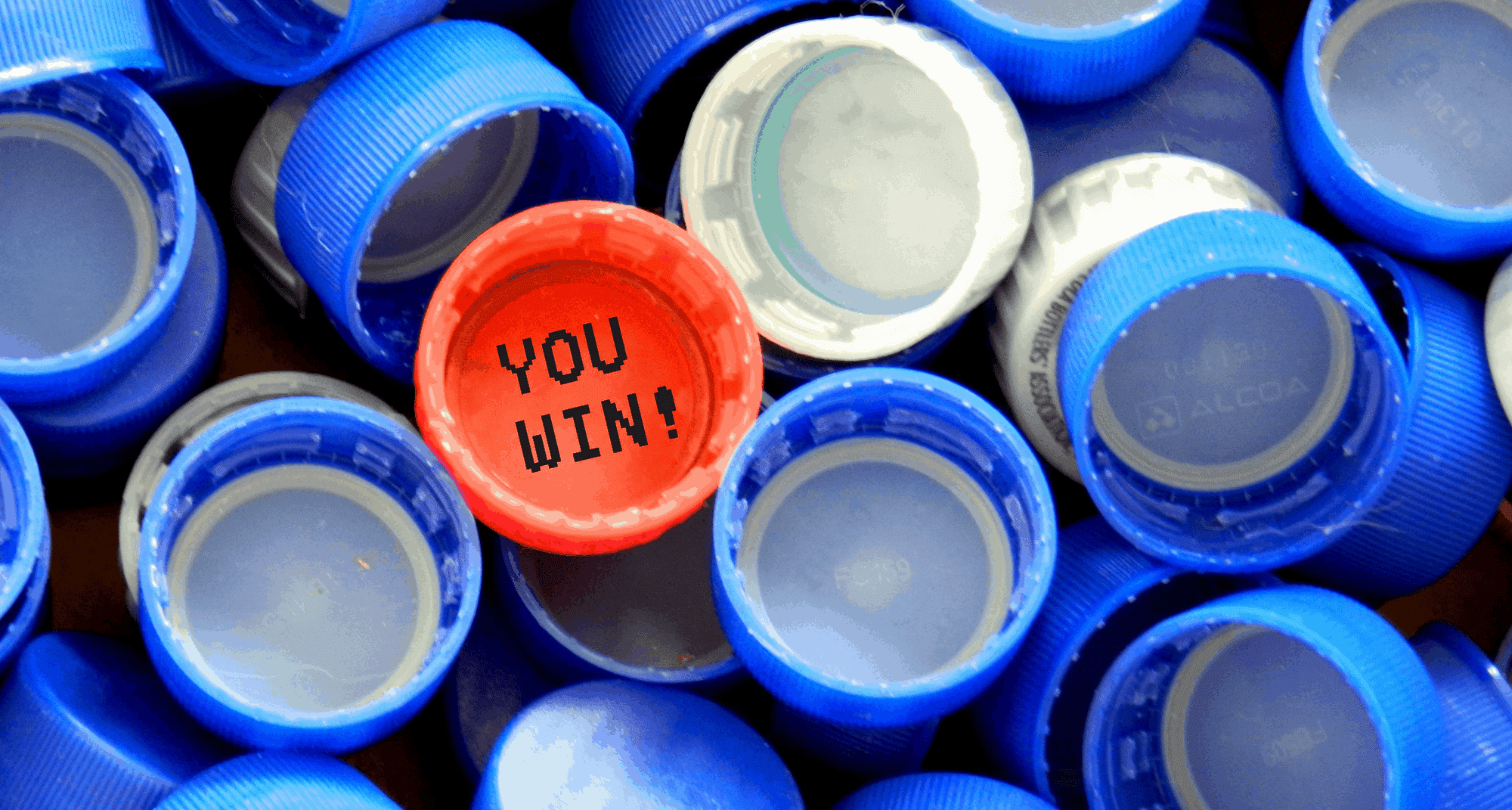
One of the reasons productivity experts suggest that you break down tasks into their smallest components is so that you can wrap your head around them better, allocate the proper amount of time to deliver quality results, and complete them in a way that allows the large task (which is, in reality, a project) to be completed in stages. You make measured progress with every small task you complete, and that is what gives you the small win. These small wins give you that boost of confidence that you’re making forward progress, which is essential if you want to perform at a high level. Working on tasks that are both big and small allow you to shift gears based on your energy levels and resources available, which means you can make measurable progress that is consistent. Essentially, by garnering small wins and larger wins, you are doing both quantitative and qualitative work.
Too often we focus on the big stuff that we’re trying to get done. When we come up short, we give ourselves a hard time. I’m not suggesting that you shouldn’t strive to achieve on a high level, but what I am suggesting is that you step back and celebrate the small wins because they go a lot further than you’d think in making or breaking your overall productivity and performance.
But you need to make sure that you don’t constantly seek small wins because on their own they can slow your productivity to a crawl.
Email inboxes are filled with small wins. Every time you check or send an email, you are doing something. Often that something is very small, but it is something. So it’s a win – and a small win at that. If you were to spend all of your time in email you could rack up a ton of small wins…but the price of those wins could be costly. Sure, you’ve achieved “Inbox Zero” (a term that has been co-opted and corrupted from what it originally meant) but other larger tasks were left by the wayside along the way.
Why? Because the road to victory with those tasks was much longer and not nearly as frictionless. Email is a hotbed of small wins, but if you do nothing but spend all of your time there (or keep it close at hand with automatic notifications and the like) then you’ll have a much tougher time putting the bigger wins to bed.
When it comes to professional sports, there are going to be elite teams and there are going to be the also-rans. But even the elite teams can get beat if they don’t execute the fundamentals every game and play at their best. The also-rans can come in and steal one on them – and they often do. You don’t want to be an also-ran. You want to be elite. You want to make sure you play the game with a balanced approach, able to handle whatever comes at you at all times. When an elite team plays a lesser team, it’s expected that the elite team will win. When they play another elite team, it’s expected that both teams will be challenged and whoever plays better and catches the most breaks will come out on top. Execution is the key in both instances. Doing the small and big stuff…and doing it well.
Go for the small wins but don’t use up all of your energy on getting them. Save some for the big wins. In fact, go after one big win before even seeking out small wins. That’s what will make you an elite player, allowing you to deliver better overall productivity and performance every single day.

